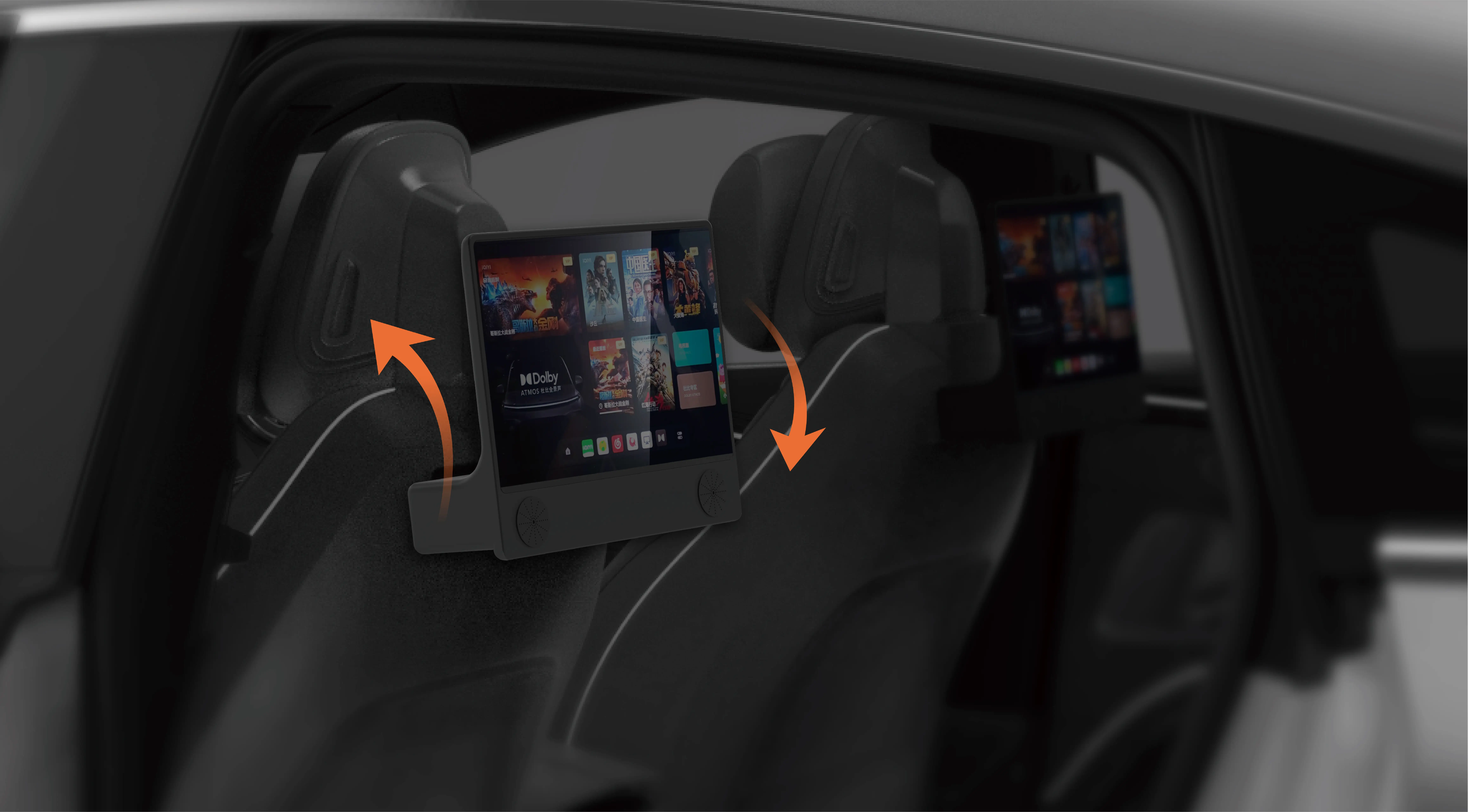Imagine a world where machines move seamlessly, robots perform intricate tasks with precision, and automated systems operate with flawless coordination. This isn’t science fiction; it's the result of ongoing advancements in motor technology—particularly, the rise of the continuous servo motor. Known for their ability to provide controlled, smooth, and continuous rotation, these motors are transforming industries from manufacturing to hobby robotics.

If you’re new to the realm of servo motors, or even if you're a seasoned engineer or hobbyist, the dizzying variety of options available on Amazon can be both a blessing and a challenge. The convenience of online shopping means easy access to a broad spectrum of models—each boasting different features, power ratings, and control capabilities. But how do you navigate this landscape to find a continuous servo motor that truly fits your project?
First, let's clarify what a continuous servo motor is and why it matters. Unlike standard servo motors, which are typically designed to move to a limited set of positions and hold them, continuous servo motors are capable of spinning indefinitely in either direction. This makes them ideal for applications requiring continuous rotation—think of conveyor belts, autonomous vehicles, or robotic arms performing repetitive cycles.
One of the first things you'll notice when browsing Amazon is the variety of brands and specifications. Many models boast high torque figures, fast response times, and durable construction. Popular brands tend to lead the pack—think TowerPro, FEETECH, or MG90S series—although countless other manufacturers have carved a niche in this space.
Choosing the right continuous servo motor depends on several key factors. Power and torque are paramount: heavier or more demanding applications demand motors with higher torque ratings. The voltage range and current draw are also critical, especially if compatibility with your existing control system matters. Some models come with built-in gearboxes—these reduce speed but increase torque, making them suitable for heavier loads or precise control.
What about control? Most common on Amazon are servo motors compatible with standard PWM (Pulse Width Modulation) signals. This makes integration with microcontrollers like Arduino or Raspberry Pi relatively straightforward. For hobbyists, this means plugging and playing with minimal fuss. For more advanced applications, you might consider servo motors that support digital communication protocols for finer control and feedback.
Durability and quality are always concerns when purchasing electronics online. Customer reviews are gold mines of insight—they'll tell you about real-world performance, longevity, and potential issues you might not find in product descriptions. Look for feedback on heat dissipation, noise levels, and how well the servo holds its position over time.
Price points vary widely, from budget-friendly models under $10 to high-end industrial servos costing hundreds of dollars. For most hobby applications, a servo in the $20-$50 range strikes a good balance between cost and performance. If you're building a robot for education or personal experimentation, there’s a vast selection of affordable yet reliable options.
Are there any hidden features worth considering? Yes. Some models include metal gears for enhanced durability, aluminum heatsinks for heat dissipation during prolonged operation, or waterproof coatings for outdoor use. These features can extend the life of your servo and improve performance under challenging conditions.
While Amazon’s marketplace simplifies the purchase process, accelerating your DIY or professional projects, it also demands a bit of homework. Matching your project’s needs with the right specifications ensures not only success but also ongoing satisfaction with your investment.
In the next part, we'll delve deeper into the application landscape of continuous servo motors, explore some exemplary models available on Amazon, and offer tips for selecting the ideal servo motor for your specific needs. Whether you're designing a robot, automating a process, or simply indulging in a hobby, understanding these motors’ versatility and potential can elevate your projects to new heights.
Leveraging innovations in modular drive technology, Kpower integrates high-performance motors, precision reducers, and multi-protocol control systems to provide efficient and customized smart drive system solutions.




































